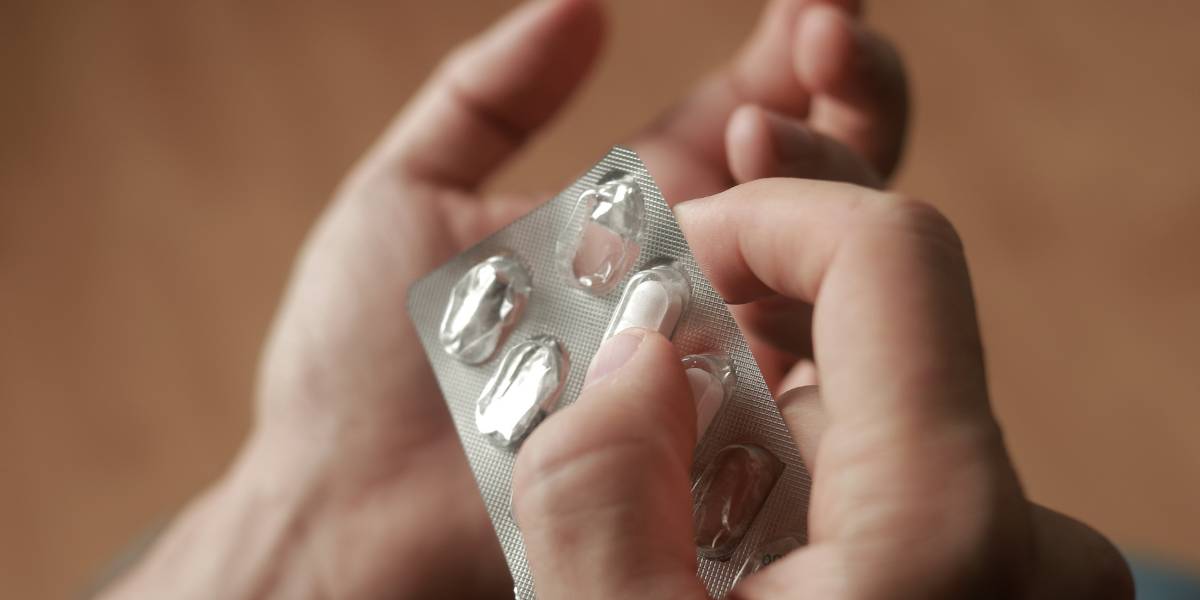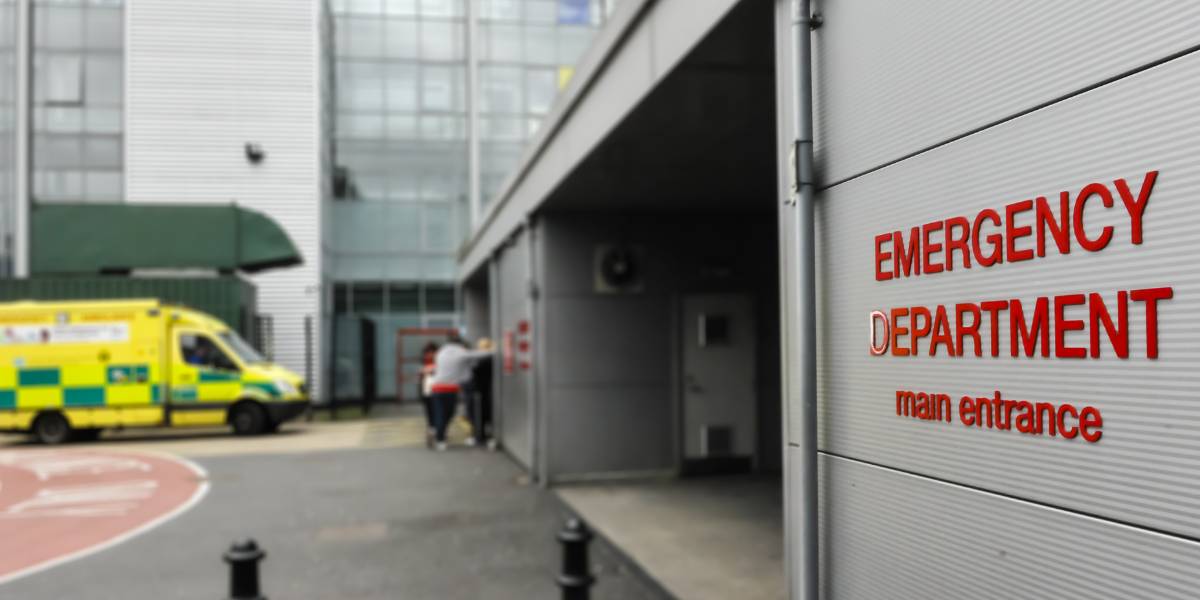Individuals with type 2 diabetes who are taking some commonly used prescription drugs are at an increased risk of having a cardiac arrest, new research reveals.
Scientists from the Netherlands have discovered that people using certain antibiotic, anti-sickness and anti-psychotic drugs are 50% more at risk of having a cardiac arrest, even among those with no previous history of heart disease.
Prior studies have found that a lack of exercise, high blood pressure and smoking are all factors that can contribute to having a cardiac arrest.
- Heating on prescription: Government scheme reduced NHS appointments
- Medical cannabis rarely prescribed despite legislation changes
During the investigation, the researchers analysed the GP records of more than 650 people with type 2 diabetes, all of whom had experienced a cardiac arrest between 2010 and 2019.
Approximately 352 of these participants had a history of heart disease and 337 did not.
The team of scientists also examined the health records of 3,230 individuals without type 2 diabetes.
They found that domperidone, macrolides, fluoroquinolones and haloperidol all increased the risk of cardiac arrests.
According to the results, people without heart disease who were taking anti-psychotic medication were 187% more likely to have a cardiac arrest.
People with type 2 diabetes who take prokinetic medication are 66% more likely to have a cardiac arrest, regardless of whether they have heart disease.
Academics have said that these drugs prolong the heart’s QTc interval – a measurement of the electrical activity linked to the contraction of heart muscle cells.
Chief author Peter Harms said: “GPs will already be aware that classic cardiovascular disease risk factors such as high blood pressure raise the risk of sudden cardiac arrest in people with type 2 diabetes. However, the link with low fasting glucose and antibiotic, antipsychotic and prokinetic medication is less well-known.
“Our results underline the need for GPs to be aware of the hazards of too strict glycaemic control and the prescription of commonly used antibiotics, anti-psychotics and prokinetics.”
Every year in the UK, more than 30,000 cardiac arrests occur outside of hospital, with only one in 10 of these people surviving, the British Heart Foundation has reported.
The results of this study were presented at this year’s Annual Meeting of the European Association for the Study of Diabetes (EASD) in Hamburg.







